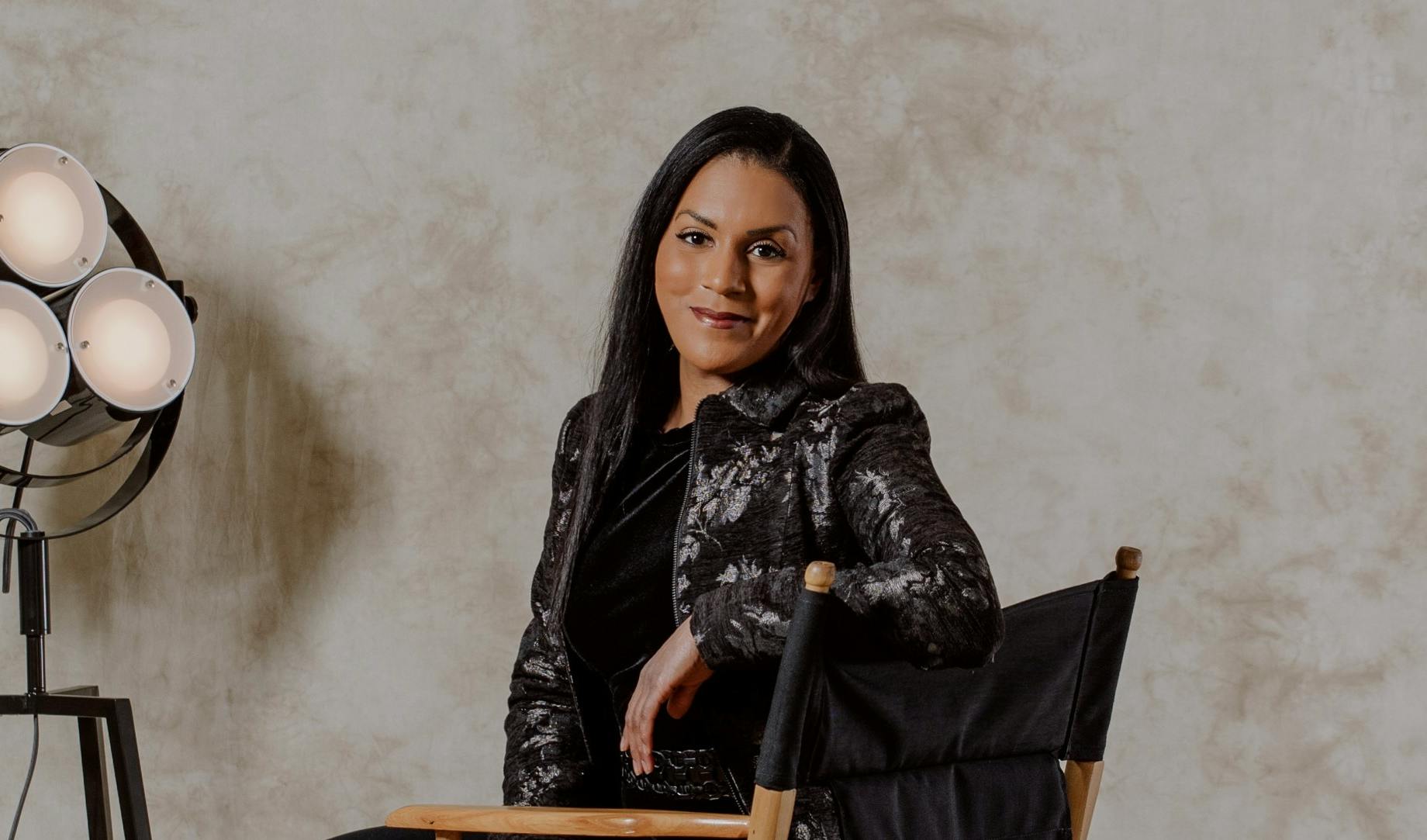
What can Boards learn from Google? | Sathya Smith, Interim Chief Platform Officer and Advisor at DoctorLink
Recently appointed Advisor for Eight Roads-backed DoctorLink, Sathya Smith, shares her insights from her time at Google, having held roles including Head of Partner Solutions, as well as commenting on her Nurole experience and how she would invest £10,000.
Background
Sathya Smith has a background in telecommunications and network engineering. She joined Google in 2003 where she held technical leadership roles on various products, including Google Maps, Android, Payments, Content and Commerce related products and YouTube culminating in a role as Head of Partner Solutions. During her nearly 12 years at Google she learned first-hand how to successfully scale companies, products and users. After Google she joined onefinestay as CTO, where she helped reshape the technology and product team and supported the company through a successful acquisition by Accor Hotels. Since leaving onefinestay she has consulted for KKR and their portfolio companies. Most recently, through Nurole she joined Eight Roads-backed DoctorLink in an advisory role.
Best Advice
What’s the best professional advice you have ever received?
Go into every meeting with the intention of learning something and leave any meeting you are not contributing to or going to get anything out of.
What can boards learn from the way Google operates?
Four aspects stand out.
The first is to think big. Quite a few companies I have worked with since leaving Google are nervous about making big bets and tend to be very conservative in setting their targets and too focussed on short-term wins. Boards need to push companies to dedicate some of their time and resources to the big, audacious, stretch goals.
The second is to move fast and be led by data - prototype quickly, build a minimum viable product quickly, test it in market quickly, and if it works move into production, if not scrap it and take the lessons learned and move on. It is surprising how many startups plan in terms of months (and sometimes in years!).
The third is OKRs (Objectives and Key Results). The single most valuable lesson from Google is the way they set their objectives and the structured way in which they launch impactful products and grow the company. OKRs help companies stay focussed on what they need to work on, how to measure success and help them grow. While Google did not invent the concept of OKRs they are the best case study on how OKRs can help any company succeed.
The fourth is transparency. Assuming you have the right people, the key difference between Google and many slower moving businesses is transparency between management and the rest of the company. Being transparent will help management earn trust from employees and keep employees motivated. Being transparent helps develop company culture. The founders/CEO/senior management need to meet with employees regularly. Google holds company All-Hands every week. I have not seen that frequency outside Google; most companies I have worked with have an All-Hands meeting once a quarter or at best once a month. If as a company, especially a startup, there are no updates/changes every week, it begs the question, how slow/fast are you really moving? That said, transparency is not just about sharing passdown and updates, it is about helping the entire company understand the what, the why, the how and taking them along on a journey. Boards have a responsibility to ensure that the management team is being transparent and are building the right culture.
What has characterised the best boards you have worked with?
Pragmatic, patient and able to give honest feedback to CEO and executives. It’s easy to criticise without being constructive and without setting clear targets against which progress can be measured. The board needs to ask the tough questions and help the CEO and executives find the right answers. Often private VC funded companies can be too focussed on the exit strategy and commercial goals which can be distracting to the executive team trying to future-proof the company.
What have been the key frustrations you have had with boards as an executive?
No major frustrations but, if anything, it’s the lack of visibility between board meetings - not knowing what happens in between board meetings and how the management team is using the feedback (if at all).
When have you got it most wrong professionally and what did you learn?
After Google, landing in a startup was a bit of a culture shock. Things did not move as quickly as I was used to. That impacted how quickly I could ramp up. With hindsight, initially I should have been more patient and focussed on winning hearts and minds rather than focussing on deliverables. I have now learned that lesson and the startup experience is a lot more enjoyable.
Your Nurole Experience
How did you hear about Nurole?
Recommended by a friend.
What made you sign up?
I was looking for a board role.
How have you found the experience as a member?
Had a great experience.
How would you explain what Nurole does in one sentence to someone who doesn’t know it?
Platform that connects employers looking to fill their open board roles with potential candidates who are qualified.
About You - 10 Question Quick Fire
3 words the person who has worked most with you would use to characterise you?
Fair, independent, stubborn.
Favourite book?
Being Mortal, Atul Gawande.
Favourite restaurant?
T’s TanTan in Tokyo station. Their ramen is contentment in a bowl. If they opened up shop in London, I would be there every day.
Favourite holiday?
A three week road trip in Iceland.
Favourite quote?
I’m not a quote person, but if I had to choose one it would be "There is no terror in the bang, only in the anticipation of it.” - Alfred Hitchcock.
Greatest passion?
Travelling.
Favourite app?
Calm (similar to headspace).
Professional achievement of which you are most proud?
My career as a whole.
When does your alarm go off and how many hours of sleep do you have on average?
Normally 6am and 7 hours.
Best idea for a £10,000 investment?
An around the world trip.






